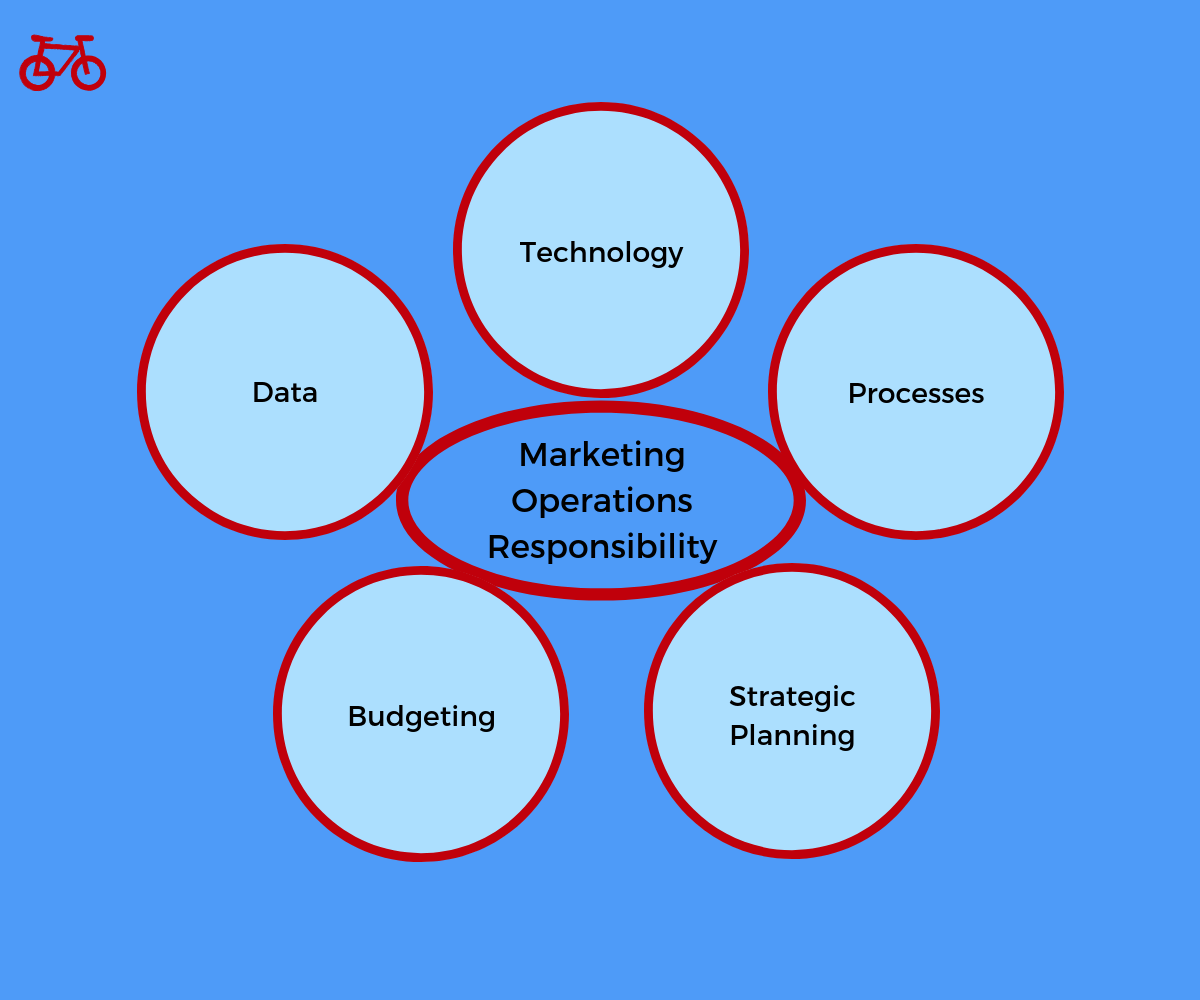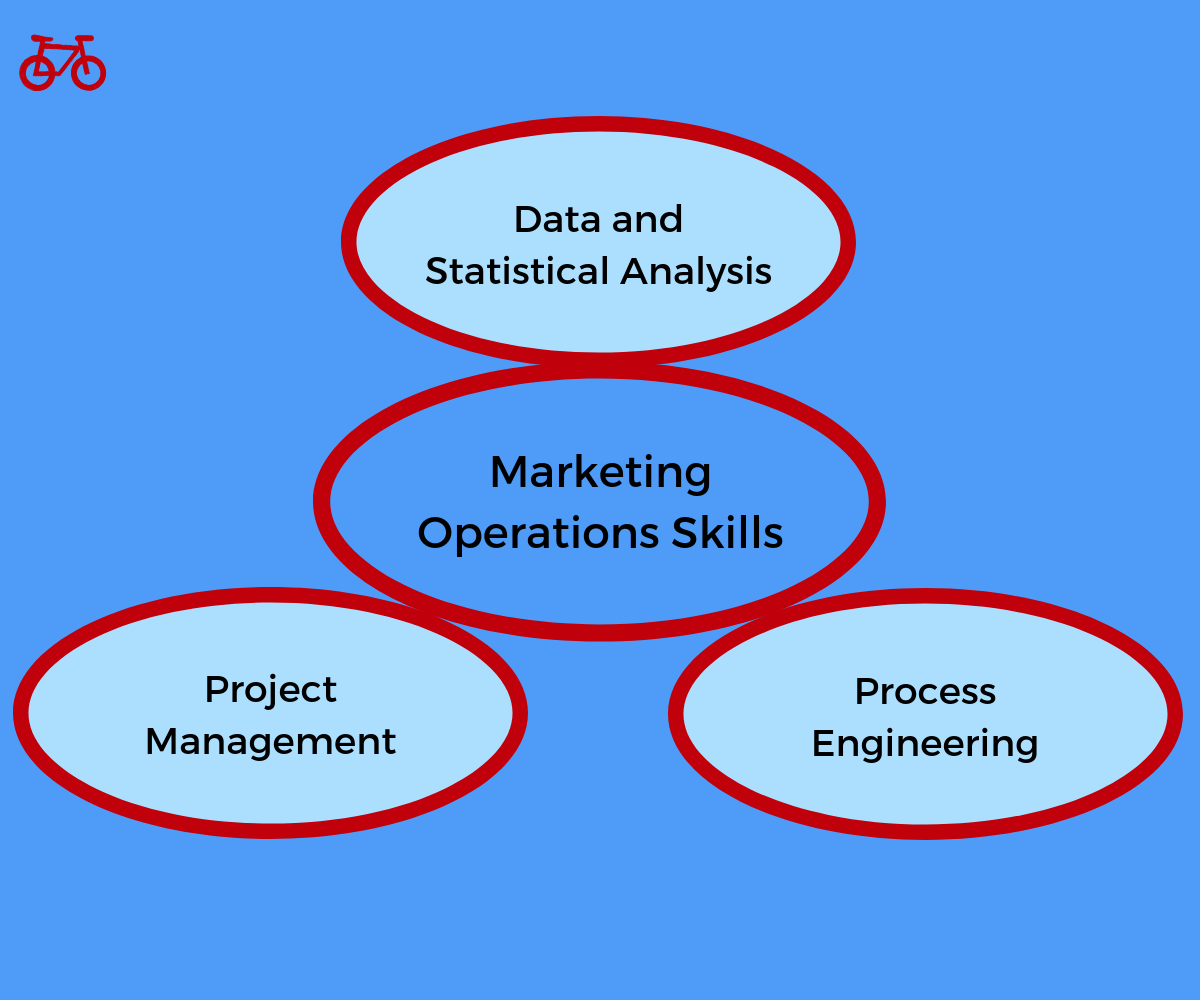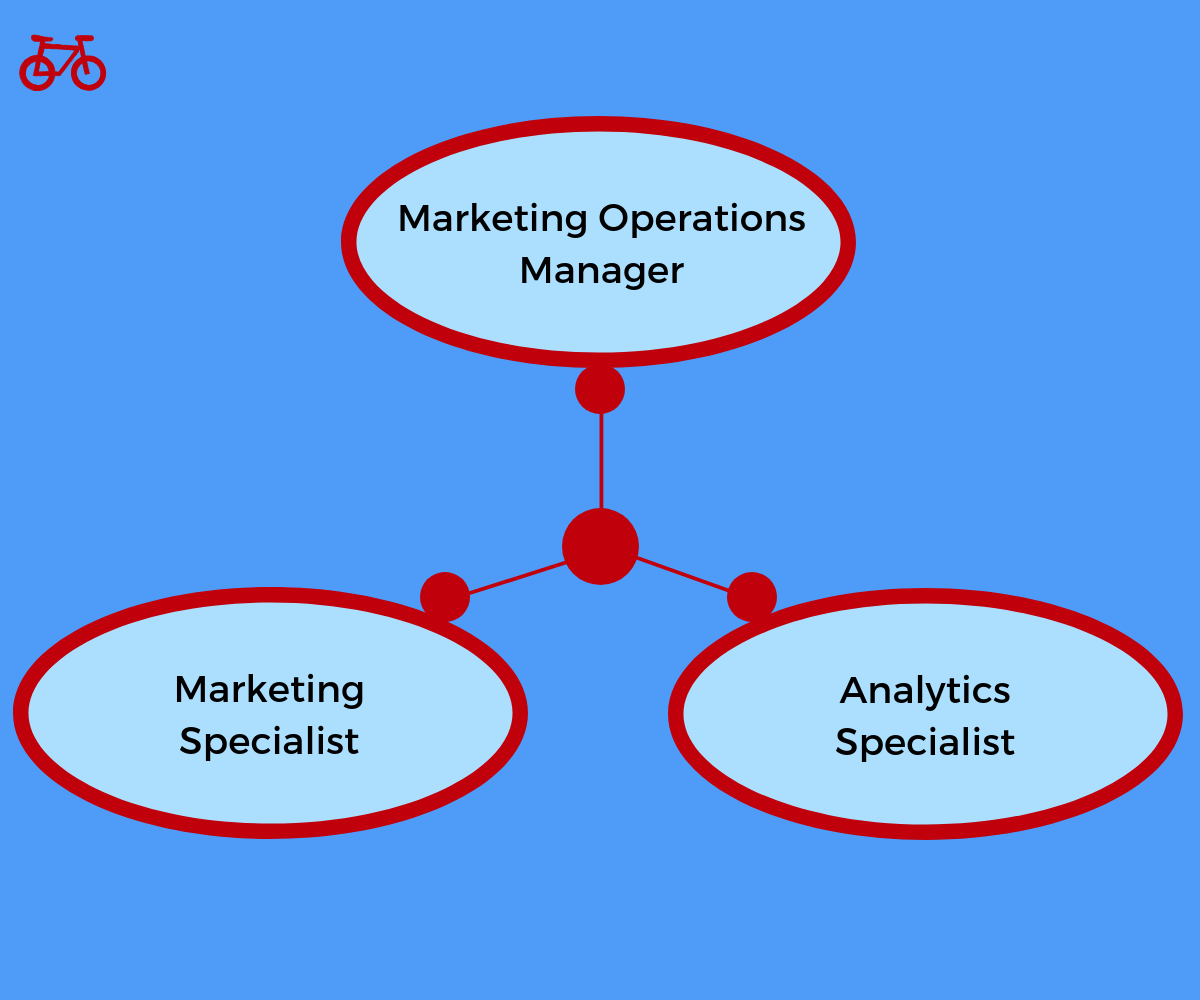Traditionally, marketing is a creative function. As a rule, marketing has also had trouble proving its ROI.
Not that marketing was not generating a positive ROI or contributing to the overall organization. It was just difficult to specifically track all of its contributions. This is becoming less of the situation.
With the growing area of marketing operations, there is becoming increased ability to use data, process, structure, and attribution models to improve marketing. Not only does marketing operations help manage proving ROI, but it is the process, structure, and engineering backbone to the marketing organization.
Here, we are going to provide an overview of marketing operations.
What is Marketing Operations?
Marketing operations is a function within a marketing organization that focuses on data, processes, technology, and budgeting for the marketing organization. It is the backbone of the marketing team that ensures all the creative, value driving work functions seamlessly across the organization.
The operational side of marketing is a technology, data, and analytical heavy function. It helps marketing show its ROI to the organization. Also, it covers the entire customer lifecycle. From prospect to customer to evangelist. This operational function has to work with Sales and the Sales Organization to provide a holistic operational overview.
This is a rapidly growing function within businesses. More tools are making it easier to show ROI and run marketing. Thus, a dedicated role within the organization helps to manage this process.
Marketing Operations Responsibility
Seeing as we understand what marketing operations is, we should look at the responsibilities of the team within an organization.
There are five key areas a team is responsible for. The key areas of responsibility are:

Data
Marketing ops is responsible for data management within the marketing organization. This means that tools and processes need to be put into place to collect the right data. Then, the collected data needs to be processed and analyzed to make strategic decisions. Also, to show the marketing organizations ROI.
This is one of the foundations for the marketing team, seeing as data is becoming increasingly easier to capture. Thus, marketing can make better decisions and show its direct contribution to the organization.
Technology
The next function of the team is to select the technology that a marketing organization will use. This is all the products the organization uses to accomplish its goals.
Technology will include any SaaS products the organization uses, like marketing automation software, advertising optimization software, content management systems, and the data management systems themselves. There are many products that can be used and it can often be referred to as your marketing stack.
Download our marketing technology stack guide here.
Processes
The next area of responsibility are the processes that will be put in place. These processes will be everything from blogging frequency, the onboarding process, the lead nurturing process, events and their frequency, and the personnel necessary to accomplish these tasks.
It allows a marketing organization to define how they will structure their marketing. Then, the creative aspects to marketing can be accomplished with the direction that the processes define.
Budgeting
Another key responsibility is budgeting. All technology, processes, and personnel need to be budgeted for.
Budgeting will consist of knowing the organizations customer acquisition costs, the organizational goals, and then creating a budget that will provide a positive ROI. But, we need to keep in mind that budgeting does not occur in a vacuum. Marketing ops just leads the budgeting process.
Strategic Planning
The last key area of responsibility is strategic planning. Since marketing ops is putting in place the data to make data-based decisions, the technology to be used, the marketing processes, and the budgeting, it then comes down to using all this to plan the marketing team accordingly.
The strategic planning part of marketing ops is putting all the operational puzzle pieces together to make the marketing organization run smoothly.
Marketing operations has some key responsibilities, which for the most part work in the background. All these processes and responsibilities help the marketing organization function and prove a positive ROI on activities. It is a growing role within organizations and it is growing in importance.
Important Marketing Operations Skills
Like any function or facet within marketing, there are specific skills required to be effective in that area. Marketing operations is no different. More importantly, it tends to need entirely different skills than the rest of the organization.
Marketing is traditionally a creative focused field. Which, uses the “right brain”. Since marketing operations is data and analytical heavy, it tends to be “left brain” focused. Thus, some of the key skills within marketing operations deal with those who are left brain dominant. The following are some of the key skills.

Data and Statistical Analysis
One skill that is essential in the marketing operations function is the ability to collect, process, and report data. Then, create statistical analysis based on the data to find patterns. These patterns shape the marketing process.
To excel at this skill, it takes a mathematical mind. So, being “good with numbers” is an important skill to have in marketing operations.
Project Management
Another key skill within marketing operations is project management. This skill comes when new processes and technologies are introduced within the organization. A project will need to be developed and executed to implement new processes and technologies.
Process Engineering
A skill that benefits marketing operations is being an engineer. You are engineering processes for the marketing organization. Being able to build processes for the team to function is slightly like being an engineer. Thus, having the ability to think like an engineer and have a skill in engineering processes becomes a key skill for marketing operations.
These are three key skills that the marketing operations team would need to have. They can either all be in one individual or broken out for the entire team. Regardless, these are some of the skills necessary to have an effective marketing operations program.
The Marketing Operations Team
Now that we understand the responsibilities and skills of the marketing operations team, it is time to take a look at the marketing operations team itself. Depending on the size of your company and overall marketing team will depend on the size of your marketing operations team.
At the minimum, a marketing operations team will be one person. But this is not ideal. The ideal minimum should be a team of three. The three-person team would include the following:
Marketing Operations Manager
They will head the marketing operations team and coordinate with other departments to execute the operational side of marketing.
Marketing Specialist
This role can either be an email specialist or a scheduling specialist. The member of the team is responsible for scheduling all communication that the content and communications teams will create.
Analytics Specialist
This role will address all data collection and analysis and work with the Marketing Operations Manager to act on the data.
These are the core team members of the marketing operations team. The marketing operations team will also have heavy coordination with the content, web, and IT Support teams. The following is how the team structure and coordination looks.

How you structure your team is as important as the team members themselves. This can provide a foundation for how you should begin structuring your marketing operations team for success.
Marketing operations continues to grow in importance within organizations. As marketing teams can use increased data to make better decisions, use data to prove better ROI, and technology allows for better attribution modeling, it is an area that can help focus the creative aspects of the marketing organization. Taking the more engineering and analytical function and combining it with the creative marketing can create a recipe for success.

